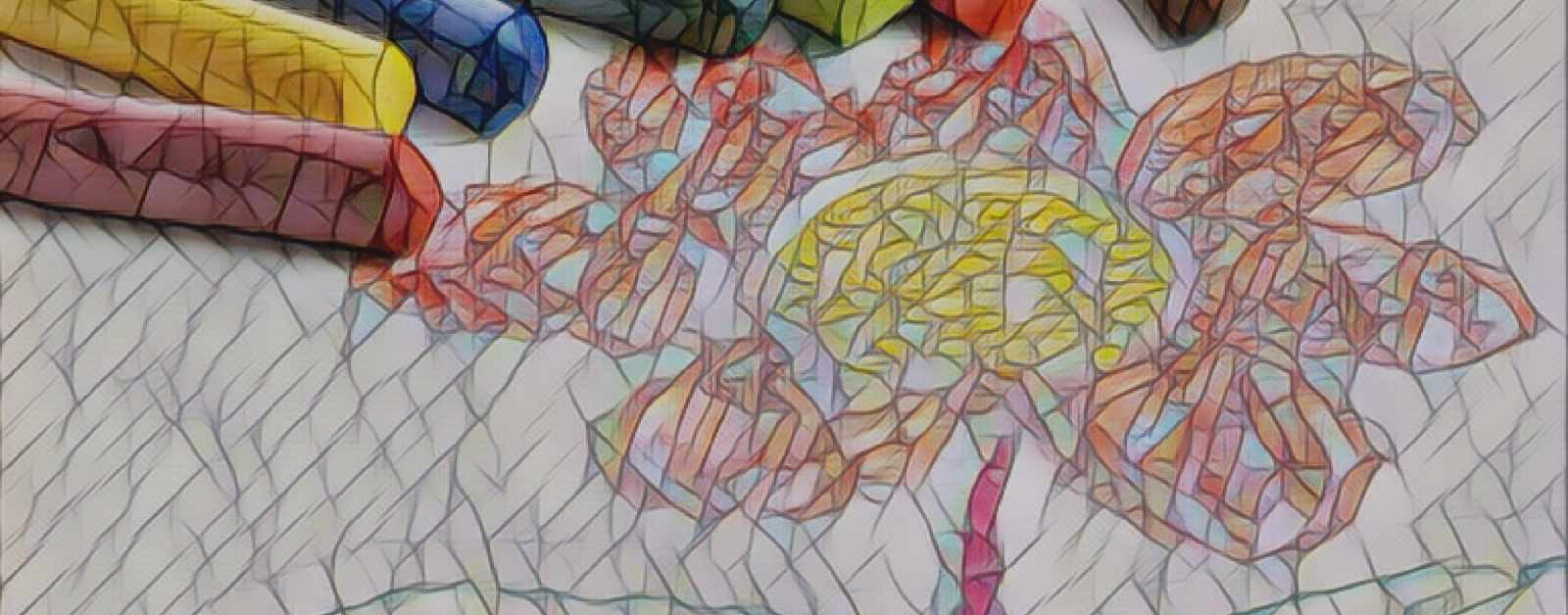Images, words, and attitudes all shape our implicit impressions of people with disabilities, and many of those words and images create false understandings. We’ve looked at two of these false messages in the past few weeks, and here’s the third:
FALSE MESSAGE:
Disability is a joke to be laughed at.
WHERE THIS FALSE MESSAGE SHOWS UP:
Everywhere. I’ve encountered the r-word used as a joke in television shows like Veep, in movies and stand-up comedy routines, even in one of our favorite children’s books, Because of Winn-Dixie. I’ve driven behind cars with bumper stickers making fun of people who ride the short bus. I’ve heard President Obama make fun of himself by comparing his bowling skills to people in the Special Olympics. And I’ve heard friends mock themselves and others this way too.
And then there are slightly more subtle ways of mocking people with disabilities by using terms like “spaz,” “lame,” or even “celebutard.” (I first read the word celebutard in TIME magazine. Urban Dictionary defines it as a mash-up of the words celebrity and retarded that refers to people who are filthy rich and “unable to form complete sentences.)
TRUTH:
People with physical and intellectual disabilities deserve the same respect as any other human. Using people or people groups as a shortcut to humor or derision dehumanizes all of us.
The campaign “spread the word to end the word” has helped raise awareness about the way the r-word has been used as a joke and how that has caused harm and perpetuated a hierarchy of value among us.
Disability Is Not a Joke
Language can both reflect reality and shape reality. We can use words to describe people with disabilities that shape a world of belonging.
False Messages About Disability:
- False Message: Disability is a problem to be fixed.
- False Message: Disability is a tragedy to be alleviated.
- False Message: Disability is a joke to be laughed at.
- False Message: Disability is an inspiration.
More with Amy Julia:




This Post Has One Comment
I have worked in Education for 35 years and have worked a total of 37 years altogether. So, now that I am unable to work in the only profession I know (Pre-K)… I have to go through hoops to prove I am disabled! I have done x-rays, cat scans, MRI, etc… and still not receiving SSD or SSI. Instead .. I get denied and start the process all over again for a “reconsideration”.
So.. it’s quite interesting that I have all this documentation with medical records etc .. and have Foraminal Stenosis, arthritis on both sides of my spine, and three bulging discs, but am totally able to work accordingly to SSD.
So, it makes sense to make regular retirement just as hard to receive for all the years worked as well. Instead of just applying for it because of an age reached by your health… Why not make it a difficult process just like SSD! I would start with forms that need completed by doctors, online video classes about retirement that are mandatory, with quizzes and a online certificate for completing the class. Then a series of in-person classes that need to be completed on how to enjoy your retirement… with quizzes and in-person certification for completing the classes.
The entire process should take at least a year and a half before any compensation is paid to the retiree, so that way many people will pass away before this is distributed… and the GOV saves so much money! Not to mention all the money they save from keeping SSD benefits from someone like myself who gets denied. It’s a win/win situation!
Sincerely,
Please make sure that in my near future you put me through a rigorous process as I described above so If am sure NOT to receive what I have worked for!